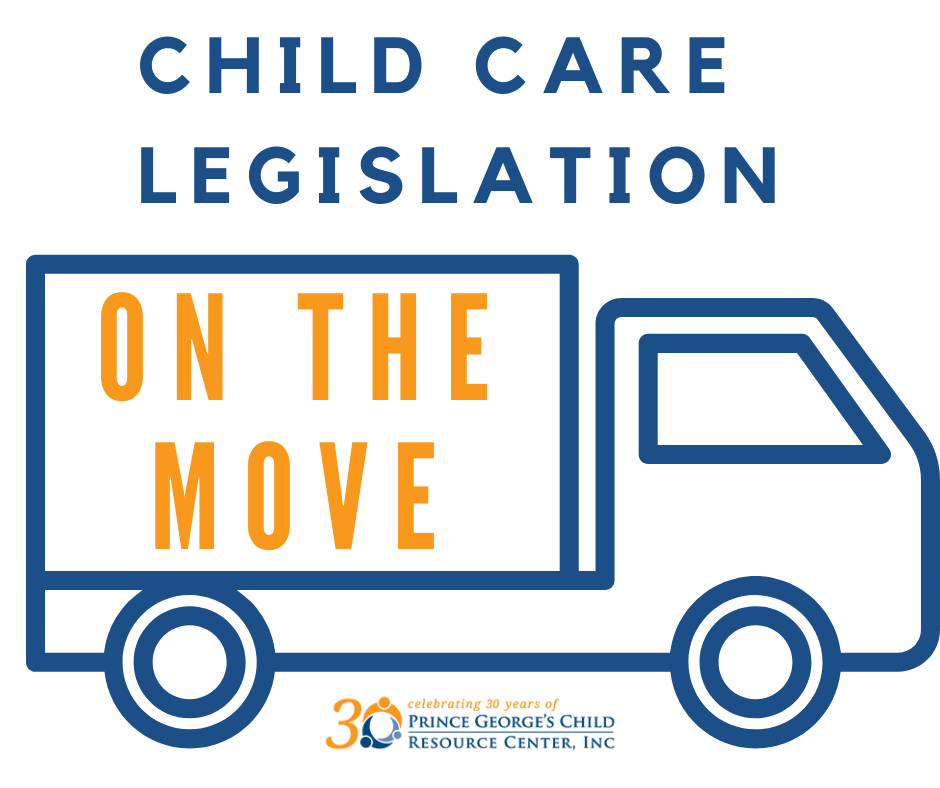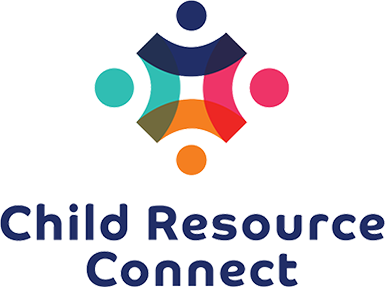Child Care Legislation on the Move
Originally posted February 25, 2022 | Updated March 25, 2022

All your advocacy, your stories, and your experiences have moved Delegates and Senators to introduce what they are calling a “package” of legislation – a set bills to address important pieces of issues of the child care crisis. You can watch a recording of the February 10th press conference (about 25 minutes long) and also check out some of the press coverage here and here.
Throughout March there were hearings in both the House and the Senate and some votes were held in the full House and Senate too. We approach the last days of the legislative session now and there is still work to be done.
What would it mean to you if these bills were signed into law? What would it mean to other early childhood educators that you know, in centers and family child care homes? What would it mean to the families counting on you?
Let’s explore together:
HB 0933: Maryland Child Care Working Families Act
This bill strengthens family eligibility so that more families have more choices and access to the child care programs that meet their needs, which would have a tremendous stabilizing impact for families and for their child care provider. In addition to expanding family eligibility for scholarship, the bill calls for 12-month eligibility regardless of changes in family income or employment. The bill calls for prioritizing the waiting list to families with very low incomes and ensuring a sliding fee scale for families in the expanded scholarship program. Read the bill text.
Status: this bill will not be moving forward this year.
HB 0993/SB 0919: Child Care Capital Support Revolving Loan Fund – Established
This bill creates a revolving loan fund so that providers in centers and family child care that enroll families paying with scholarship can make necessary and often costly changes to their physical spaces. The idea is that the recipient of the loan would have five years to repay it (though additional time could be granted if there is financial hardship). The recipient of the loan would not pay interest on the loan. MSDE would administer the program and would first establish application procedures and eligibility criteria. The bill speaks broadly to such criteria, calling for giving priority to:
- Child care providers in underserved communities
- Child care providers in areas designated by MSDE to be “child care deserts” or lacking child care slots
- Child care providers that serve primarily low-income families in areas of high poverty
- Child care providers that serve children with special needs
- Child care providers that enroll infants and toddlers
- Child care providers in rural areas
The bill calls for $15 million in the first year, $10 million in the second year, and $5 million in the third year. The bill does not specify the loan amounts that a provider could receive. Read the bill text.
Status: HB0993 was approved by the House and will be considered in the Senate. SB0919 was considered in a hearing in the Budget and Taxation Committee, and that Committee will consider the House version on March 29.
HB 0995/SB 0920: Early Childhood Development – Child Care Scholarship Program – Alterations
This bill addresses a variety of concerns that both parents and providers experience about the scholarship program. First, the bill establishes presumptive eligibility for families accessing child care scholarship meaning they can start work activities right away knowing they can enroll in child care and the provider can expect scholarship payment. The bill establishes copay relief for some families experiencing challenges. The bill ends pursuit of child support enforcement to qualify for child care scholarship! The bill also calls for scholarship payment from MSDE to providers within 10 days of MSDE receiving a provider’s invoice. Read the bill text.
Status: HB0993 was approved by the House and will be considered in the Senate. SB0920 was approved by the Senate and will be considered in the House, including a House committee hearing on March 31.
HB 1100/SB 0806: Child Care Providers and Employees – Bonuses
The child care crisis has within it a staffing crisis that very much is about compensation. One state policy step is making possible “hiring bonuses” like we see in other industries. This bill calls for $16 million
- $4 million would be used to award $500 new hire bonuses to anyone who becomes or is hired by a child care provider in fiscal year 2024 and commits to staying for at least 6 months and to each individual who earns a Maryland Child Care Credential during fiscal year 2024.
- $2 million would be used to help providers with the costs of seeking and onboarding new staff – $500 that could be used for advertising, licensure or certification, background checks, or even toward the first month of salary.
- $10 million would be to award $1,000 retention bonus to each individual who earns a Maryland Child Care Credential during fiscal year 2024 – if they do not qualify for a new hire bonus.
The program would run for two and a half years starting July 1, 2022, if passed. Read the bill text.
Status: HB1100 was approved by the House and will be considered in the Senate. The Senate Committee on Budget and Taxation held a hearing to consider SB806, and that Committee will consider HB1100.
Note: We believe that family care providers could benefit from the retention bonus if they earn the credential; we believe that family child care providers could also use the hiring bonuses if they seek an assistant and could also seek funds to search and onboard an assistant. The bill does not specify setting type for involvement in the bonus strategy; the program will be set up by MSDE if this bill is passed into law.
HB 0724/SB 0506 This bill establishes in law the Therapeutic Child Care Program and sets up a per child funding allocation. The idea is that each year, MSDE would designate Therapeutic Child Care Providers for participation in the program and provide funding based on the number of eligible children served by the participating provider. Therapeutic child care providers work with children from infants through age 5 with developmental delays, physical disabilities, or delays in social, emotional or behavioral functioning that necessitate specialized child care services. Status: HB 724 passed the House and will be considered in the Senate. SB 506 passed the Senate and will be considered in the House
